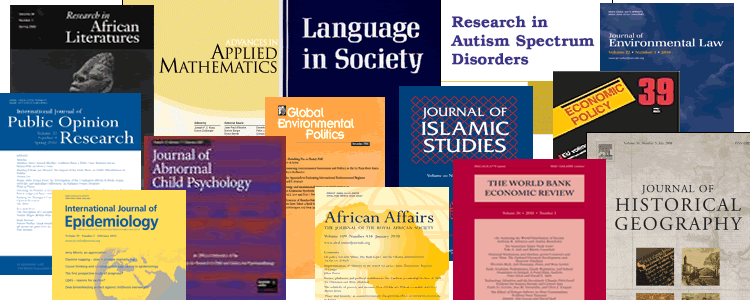THE NO-NONSENSE GUIDE TO DEVELOPING YOUR WRITING SKILLS (PART #1)
Writing skills are an important part of communication. Good writing skills allow you to communicate your message with clarity and ease to a far larger audience than through face-to-face or telephone conversations.
You might be called upon to write a report, plan or strategy at work; write a grant application or press release within a volunteering role; or you may fancy communicating your ideas online via a blog like what we’re doing on Steemit.
What Exactly is Writing?
Writing is a medium of communication that represents language through the inscription of signs and symbols. In most languages, writing is a complement to speech or spoken language. Writing is not a language but a form of technology. Within a language system, writing relies on many of the same structures as speech, such as vocabulary, grammar and semantics, with the added dependency of a system of signs or symbols, usually in the form of a formal alphabet. The result of writing is generally called text, and the recipient of text is called a reader.
Motivations for writing include publication, storytelling, correspondence, diary and making money. Writing has been instrumental in keeping history, dissemination of knowledge through the media and the formation of legal systems.
Different Writing Styles

Understanding the styles of writing used in various documents can help you put what you read into perspective and improve your writing skills.
There are many different and distinct writing styles that are adopted by authors depending on their audience and also on the medium in which they are publishing – for example, an article may be written differently online than it would be in a book or academic journal. Experienced readers will instinctively recognize the various writing styles, these include:
- Academic writing
- Academic journals
- Journalistic writing (news media)
- Fiction (imaginary)
- Non-fiction (factual)
Academic Writing and Academic Journals

Academic Writing
Academic writing tends to be precise, cautious, lengthy and even pedantic. It is a style of writing which most students will quickly become familiar with.
Academic writers attempt to ensure that their analysis does not contain inaccurate information or omissions - essential points are usually clearly justified. This is a way of ensuring that the writer is saying exactly what they mean - even if this means creating a lengthy piece in the process. This style can be tedious to read - but it does help to ensure that the essential points of the text are interpreted correctly. Such texts are usually written in a clear and logical way, which often involves pointing out what the author is going to say and then actually explaining their point and concluding by pointing out what has been said – similar in style to a student essay.
Academic texts will contain references and quotes from others’ work and a reference list or bibliography. This shows that the author is writing on sound foundations and has taken into account, or at least read, what others have also explored and discussed. Of course, even academic authors may have been selective and ensured that their viewpoint is being validated by others, so a degree of caution - to understand the validity and biases - should be given. Some academic writers offer alternative interpretations by other academics. This is usually a good sign since it ensures that the reader is aware of the diversity of opinion and that the author is being objective.
Academic Journals
Academic journals are produced by different institutions across a broad range of subject areas.
Academic journals are usually published regularly; quarterly or tri-annually although some may be more frequent. Because they are regularly produced they are able to respond more quickly to new research. For this reason they are thought of as providing analysis of the latest ideas and thoughts from across the academic community.
Academic journals will be written in very much the same tone as academic books containing the same analytical style. Academic journals are generally well-respected as their content has been peer reviewed. Peer review means that an article has been examined and scrutinized by an expert in the field (a peer) and that it is considered acceptable for publication. Journal articles may go through several revisions before they are accepted for publication.
Despite these checks, you as the reader, still need to be wary of the quality of the content and take steps to read further around ideas and theories to check relevance and validity. As you should use an element of common-sense when using internet sources, so you should when reading journal articles.
Ask yourself:
- “Is the journal a well-known and well-established publication?”
- “Are the articles in the journal peer-reviewed?”
- “Does the journal represent a national body?
- “Is the journal linked to a university?”
Academic journals, like other academic texts, will contain references to, and quotes from, others’ work as well as a reference list or bibliography. For a list of available journals you could check your library or search online for academic journals or a related theme.
I hope this post is useful to you. Your comments and upvotes will be very much appreciated.
Please support me in my efforts to help both new and intermediate writers improve their writing skills. Everyone deserves an improvement in the things they do.
Tomorrow I'll dive into journalistic writing as well as fiction and non-fiction. Stay tuned for the part #2!
Recommended reading: (https://www.skillsyouneed.com/learn/styles-writing.html)




Thanks bro.